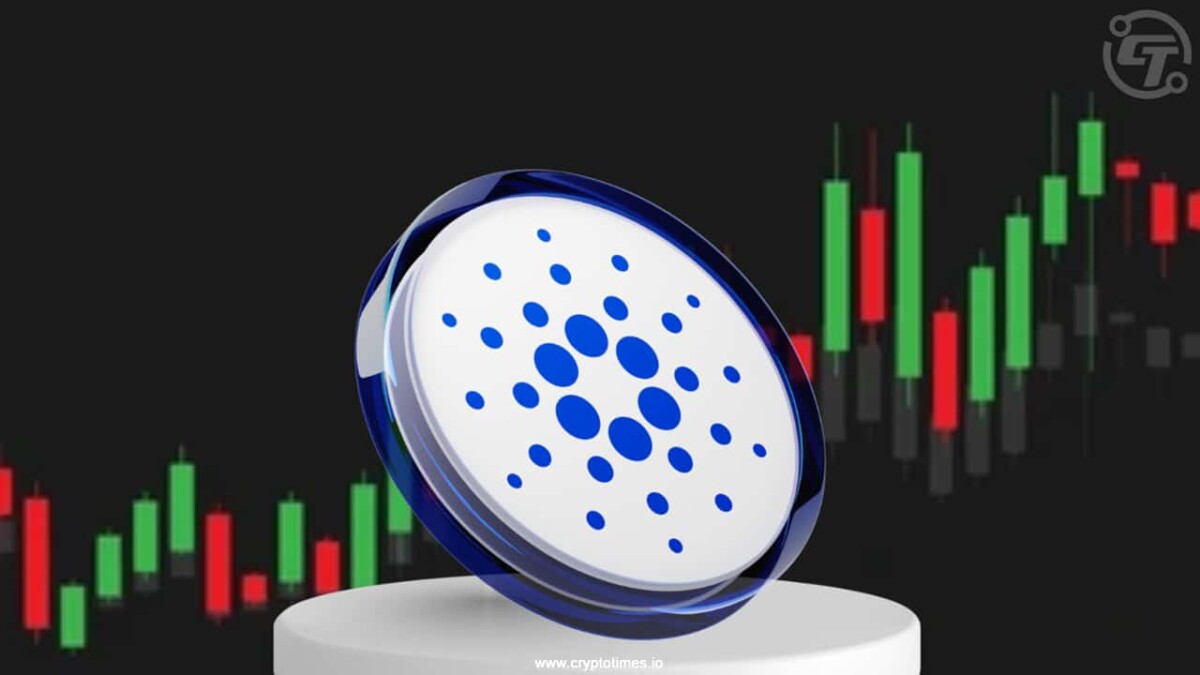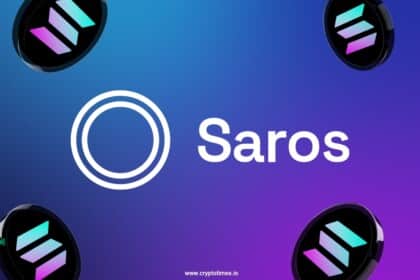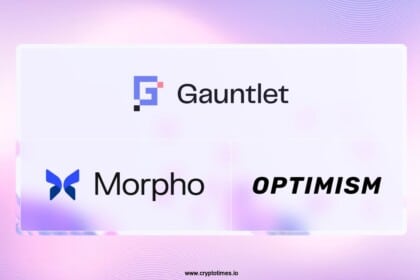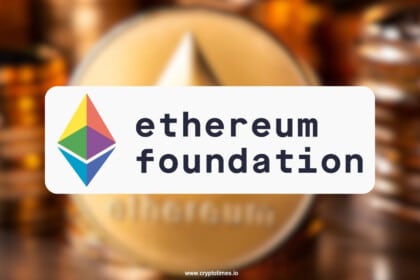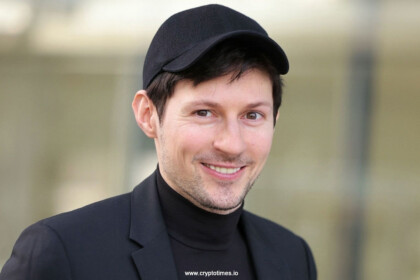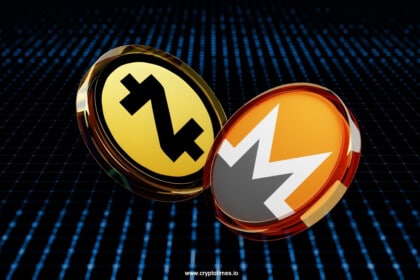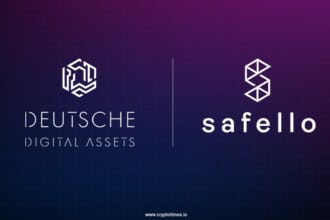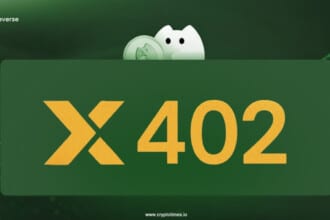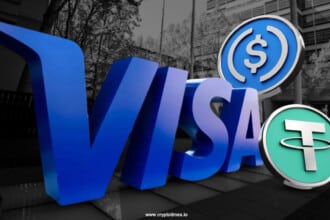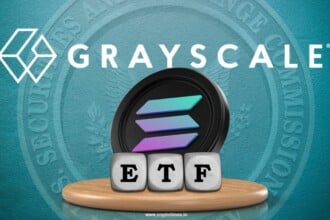Cardano has been left out of the U.S. government’s project to put official economic data on public blockchains, and founder Charles Hoskinson says the reason is all about cost.
Speaking during his recent AMA on YouTube, Hoskinson explained that Chainlink, the oracle service chosen to run the integrations, quoted what he described as “an absurd number” to bring Cardano into the initiative.
“They gave us an absurd number for integration. We’ll handle it, we’ll figure it out,” Hoskinson said. He also praised Chainlink’s co-founder, Sergey Nazarov, “Sergey is an extremely smart man, he kind of sees the future and knows he’s sitting on a golden egg, he knows his worth.”
The government program, which was announced recently, includes networks such as Ethereum, Solana, Avalanche, and Optimism. However, both Cardano and XRP were not selected, and this is being questioned by the crypto community.
Moreover, the official partnership with Chainlink is considered a major breakthrough for blockchain adoption. It allows the Department of Commerce to bring macroeconomic data on-chain for the first time.
That announcement also pushed the price of Chainlink’s token, LINK, up more than 5 percent as investors reacted to the news. For Cardano, the exclusion is seen as a setback, with many supporters pointing out that the network has kept five years of zero downtime, which is a track record unmatched by many competitors.
However, critics were quick to note that Cardano has been in talks with Chainlink for years but never closed a deal. Some argued this missed chance now looks costly, as Cardano continues to face complaints about its slow rollout of features and its late arrival in decentralized finance.
The blockchain only introduced smart contracts in 2021, years after rivals like Ethereum. Others added that Cardano’s unique design, which is not compatible with Ethereum’s virtual machine, means that building integration with Chainlink is more complex and expensive.
Hoskinson, however, said that the partnerships are still in the works. He also said Cardano is in talks with Aave and the USD1 stablecoin project. “I’d like USD1, I’d like Aave, I’d like Chainlink.
There’s a bundle there, and we’re working our way through what that means and how to do it,” he said. USD1 already runs on Ethereum, BNB, and Tron and could soon expand to Cardano, strengthening its DeFi ecosystem.


